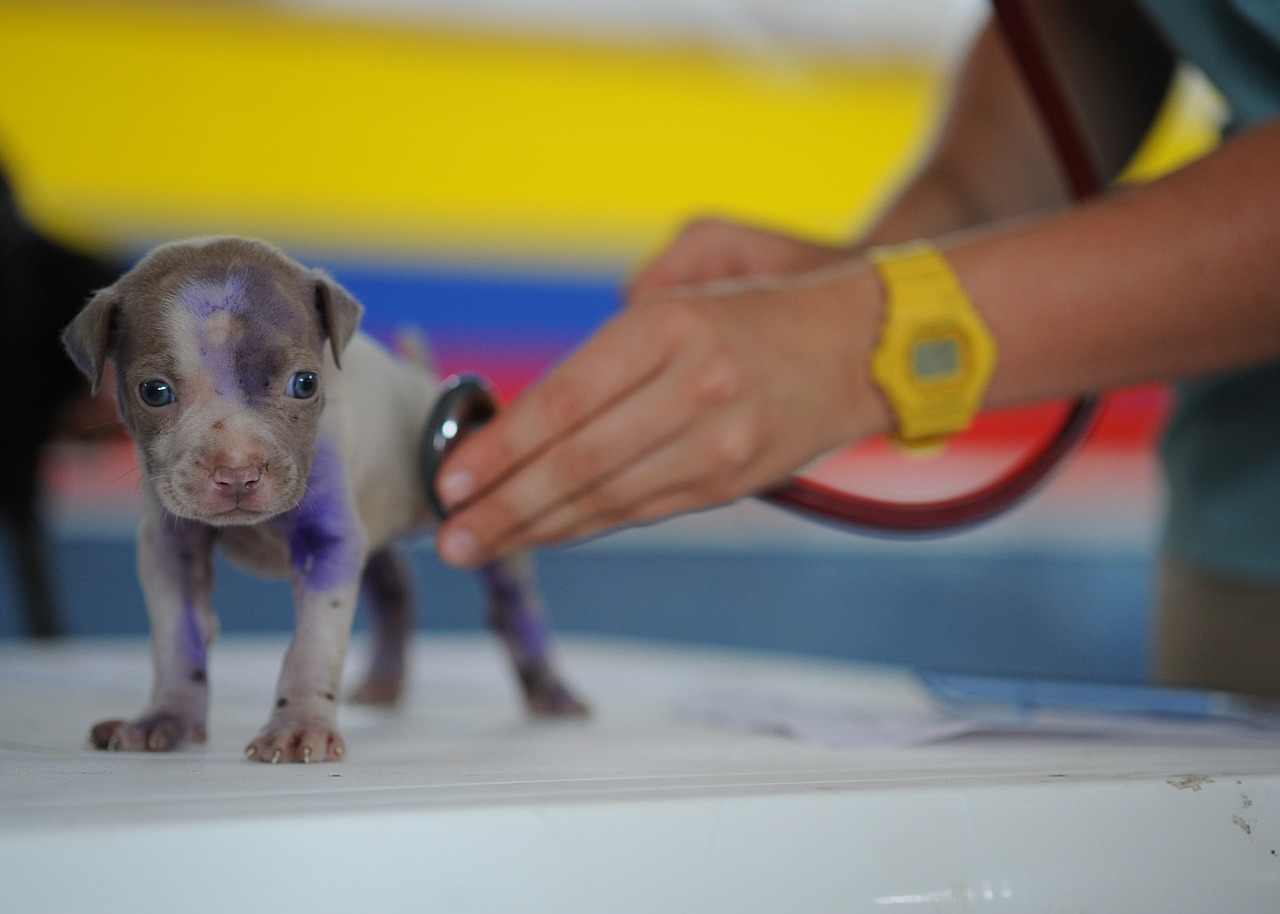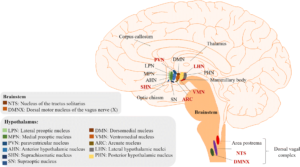Pet Care A Comprehensive Guide – Pet care is a vital aspect of keeping our furry friends healthy and happy. As a responsible pet owner, it is essential to ensure that our pets’ physical and emotional needs are met. In this article, we will cover everything you need to know about pet care, from feeding and exercise to grooming and veterinary care.
Introduction to Pet Care
Pet care is the practice of taking care of pets’ physical and emotional needs. It includes providing a safe and healthy environment, feeding them nutritious food, grooming, exercise, and regular visits to the veterinarian. Pets, such as dogs, cats, birds, and fish, require different types of care, depending on their breed, age, and size.
The Importance of Pet Care
Pet care is essential for keeping your pets healthy, happy, and safe. Proper care can prevent illnesses, injuries, and behavioral problems, and it can extend your pet’s life. Moreover, caring for pets can provide emotional benefits for both you and your furry friend.
Feeding Your Pet
Feeding your pet is crucial for its growth, development, and overall health. Here are some tips for feeding your pet:
Choosing the Right Food
Choosing the right food for your pet is crucial. You should consider your pet’s breed, age, size, and activity level when choosing food. Look for food that is high in protein, low in fillers and preservatives, and meets your pet’s nutritional needs.
Feeding Schedule
Establishing a regular feeding schedule can help maintain your pet’s weight and digestion. You should also monitor your pet’s eating habits and adjust the feeding schedule accordingly.
Portion Control
Portion control is essential for maintaining a healthy weight for your pet. You should measure the amount of food you give your pet and adjust it based on its activity level and nutritional needs.
Exercise and Playtime
Exercise and playtime are essential for keeping your pet physically and mentally healthy. Here are some tips for exercising and playing with your pet:
Physical Exercise
Physical exercise is crucial for maintaining your pet’s physical health. Depending on your pet’s breed and activity level, you should provide them with the appropriate amount of exercise. Activities such as walking, running, and playing fetch are great for dogs, while climbing and playing with toys are suitable for cats.
Mental Exercise
Mental exercise is essential for keeping your pet mentally stimulated and preventing boredom. Activities such as puzzle toys, hiding treats, and teaching new tricks can help provide mental exercise for your pet.
Playtime
Playtime is a great way to bond with your pet and provide both physical and mental stimulation. You should provide your pet with different types of toys and playtime activities that suit their needs and interests.
Grooming Your Pet
Grooming is essential for maintaining your pet’s physical appearance and health. Here are some grooming tips for your pet:
Bathing
Bathing your pet is crucial for maintaining its hygiene and preventing skin problems. You should use a mild shampoo that is designed for your pet’s coat and skin.
Brushing
Brushing your pet’s coat can help prevent matting and shedding. You should use a brush that is appropriate for your pet’s coat type and brush it regularly.
Nail Trimming
Nail trimming is essential for preventing your pet’s nails from growing too long and causing discomfort. You should use a clipper that is designed for your pet’s nail size and clip them regularly.
Veterinary Care
Regular veterinary care is essential for preventing and treating illnesses and injuries. Here are some veterinary care tips for your pet:
Vaccinations
Vaccinations are essential for preventing infectious diseases in pets. You should follow a vaccination schedule recommended by your veterinarian based on your pet’s age, breed, and lifestyle.
Parasite Prevention
Parasite prevention is crucial for maintaining your pet’s health and preventing the spread of diseases. You should use a preventive treatment recommended by your veterinarian for fleas, ticks, heartworms, and other parasites.
Routine Check-Ups
Routine check-ups are essential for monitoring your pet’s overall health and detecting any health issues early. You should schedule regular appointments with your veterinarian for physical exams, dental care, and blood tests.
Pet Safety
Pet safety is vital for keeping your pet safe from accidents and injuries. Here are some safety tips for your pet:
Identification
Identification is crucial for helping your pet return home if it gets lost. You should ensure that your pet wears a collar with its name, your contact information, and a microchip for identification.
Pet-Proofing
Pet-proofing your home can prevent your pet from accessing hazardous items such as chemicals, sharp objects, and small toys.
Travel Safety
Travel safety is essential for preventing accidents and injuries when traveling with your pet. You should ensure that your pet is secured in a carrier or harness and is comfortable during the trip.
Conclusion
Pet care is essential for maintaining your pet’s physical and emotional health. By providing proper nutrition, exercise, grooming, veterinary care, and safety, you can ensure that your furry friend leads a happy and healthy life. Remember, being a responsible pet owner requires commitment, patience, and love.
FAQs
- How often should I take my pet to the veterinarian?
- You should take your pet to the veterinarian for a routine check-up at least once a year, and more often if recommended by your veterinarian.
- Can I feed my pet human food?
- Some human foods can be toxic to pets. You should consult your veterinarian before feeding your pet any human food.
- How often should I groom my pet?
- The frequency of grooming depends on your pet’s breed and coat type. You should consult your veterinarian or groomer for advice on how often to groom your pet.
- How do I know if my pet is overweight?
- You can determine if your pet is overweight by checking its body condition score or consulting your veterinarian.
- How can I keep my pet safe during the summer months?
- You can keep your pet safe during the summer months by providing plenty of water, avoiding leaving your pet in a hot car, and limiting outdoor exercise during the hottest times of the day.




